An estimated 75% of adults are deficient in magnesium. Magnesium can be found in green leafy vegetables, beans, nuts and seeds, but, since the 1950s, the magnesium content in crops have declined about 40%, making it harder to get enough through diet alone. In addition, processed foods, caffeine, prescription medication, refined grains and wider use of prescriptions can all lead to increased excretion of magnesium from the body.
Signs of Magnesium Deficiency
- Muscle cramps, spasms, weakness and tics
- Chronic pain
- Fatigue
- Irritability, anxiety and depression
- Impaired memory
- Insomnia
- Headaches and migraines
A combination of increasing magnesium-rich foods and supplementing with magnesium is the best approach to treating suspected deficiency. Magnesium can affect the absorption of other medications when taken orally, so it’s best to check with your health care provider to determine which form is best and how to effectively take it.[/fusion_text][fusion_text]Topical magnesium is also a safe and highly effective way to deliver magnesium to achy or cramping muscles and joints. This bypasses the intestinal tract allowing for rapid absorption.[/fusion_text][fusion_text]If you want to sleep better, feel more relaxed and prevent pain, talk to our health care team of Naturopathic Doctors and Registered Massage Therapists at our Oakville clinic to learn how you may benefit from introducing magnesium into your daily life.
To conveniently book your appointment online at Bronte Wellness Boutique, please visit our booking website.[/fusion_text][/one_full]


